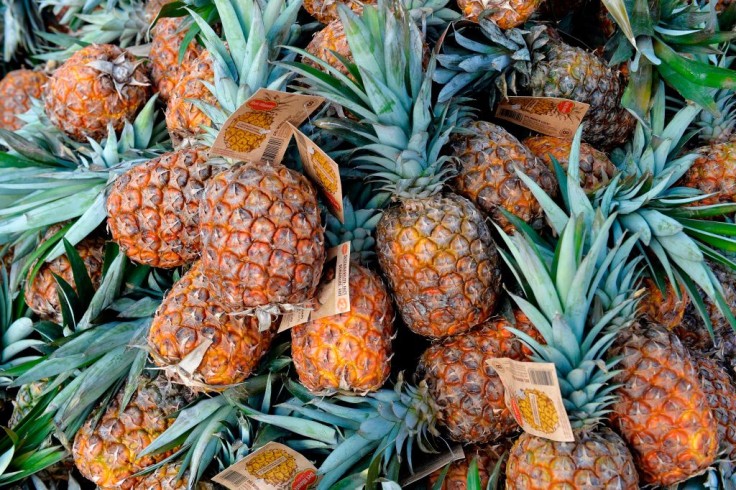
Did you know that various foods you eat may lead to inflammation that weakens your body's response to illnesses, infections, or injuries? Health experts have recommended an anti-inflammatory diet to help the body fight potential risks leading to chronic issues, especially later in life.
One in 10 people in the U.S. develops some type of chronic disease in adulthood, according to the U.S. Centers for Disease Control and Prevention (CDC). Inflammation is the root cause of many health issues, from pimples to diabetes, but with a proper diet, these health issues may be controlled, reduced, if not eradicated altogether.
Here are some of the highly recommended foods to incorporate into your daily meals for an effective anti-inflammatory diet:
1. Pineapple
According to the Cleveland Clinic, pineapple has quite an impressive nutrition profile. Just a cup of servings or about 165 grams provides your body with vitamin C, which helps fight cancer, heart diseases, and arthritis, and the B vitamins allow your body to produce healthy red blood cells.
Read Also: 5 Great Ways to Achieve Low Cholesterol
Pineapple is also rich in manganese, that helps with the body's metabolism, immune response, and bone health. A slice of pineapple can give your body 10 percent of your daily fiber requirement, which helps improve your gut health.
This yellow citrus fruit also contains bromelain that fights pain and swelling and facilitates skin healing and after-surgery injuries faster.
2. Tomatoes
Tomatoes have high vitamin C content and contain beneficial nutrients like potassium and lycopene that have anti-inflammatory properties. Lycopene is mainly linked to reducing symptoms of many types of cancer.
For a healthier option, cook tomatoes in olive oil, as this is another anti-inflammatory food ingredient. According to the experts, lycopene is best absorbed with a fat source so that you can reap its benefits more.
3. Cherries
Eating two cups full of cherries daily for two weeks can reduce inflammation by 10 percent as cherries are packed with nutrients. The deeper the red hues are, the more powerful antioxidants they could produce. Cherries have flavonols and anthocyanins that block the proteins that may cause inflammation.
Cherries not only taste great and are anti-inflammatory, but it also helps with sleep. If you're feeling restless, drink a glass of fresh cherry juice, and you'll feel your body relaxed. Cherry is as effective as other natural remedies for sleep, like melatonin.
4. Cruciferous vegetables
Cabbage, cauliflower, arugula, kale, bok choy, and broccoli are just some examples of cruciferous vegetables. According to Reuters, a study on 1,000 women, who were placed on a diet of this type of greens, showed that the women's health improved their chronic inflammation condition and likely lowered their mortality rate.
Cruciferous vegetables contain phytochemicals and glycosylate like sulforaphane, indole 3-carbinol, and crambene that work to detoxify the body from various toxins that may damage the cells. These vegetables are also rich in vitamin A, C, B, E, and folic acid.
Ensure not to overcook the cruciferous vegetables and buy different types that may be chopped and added to casseroles, soups, or stews.